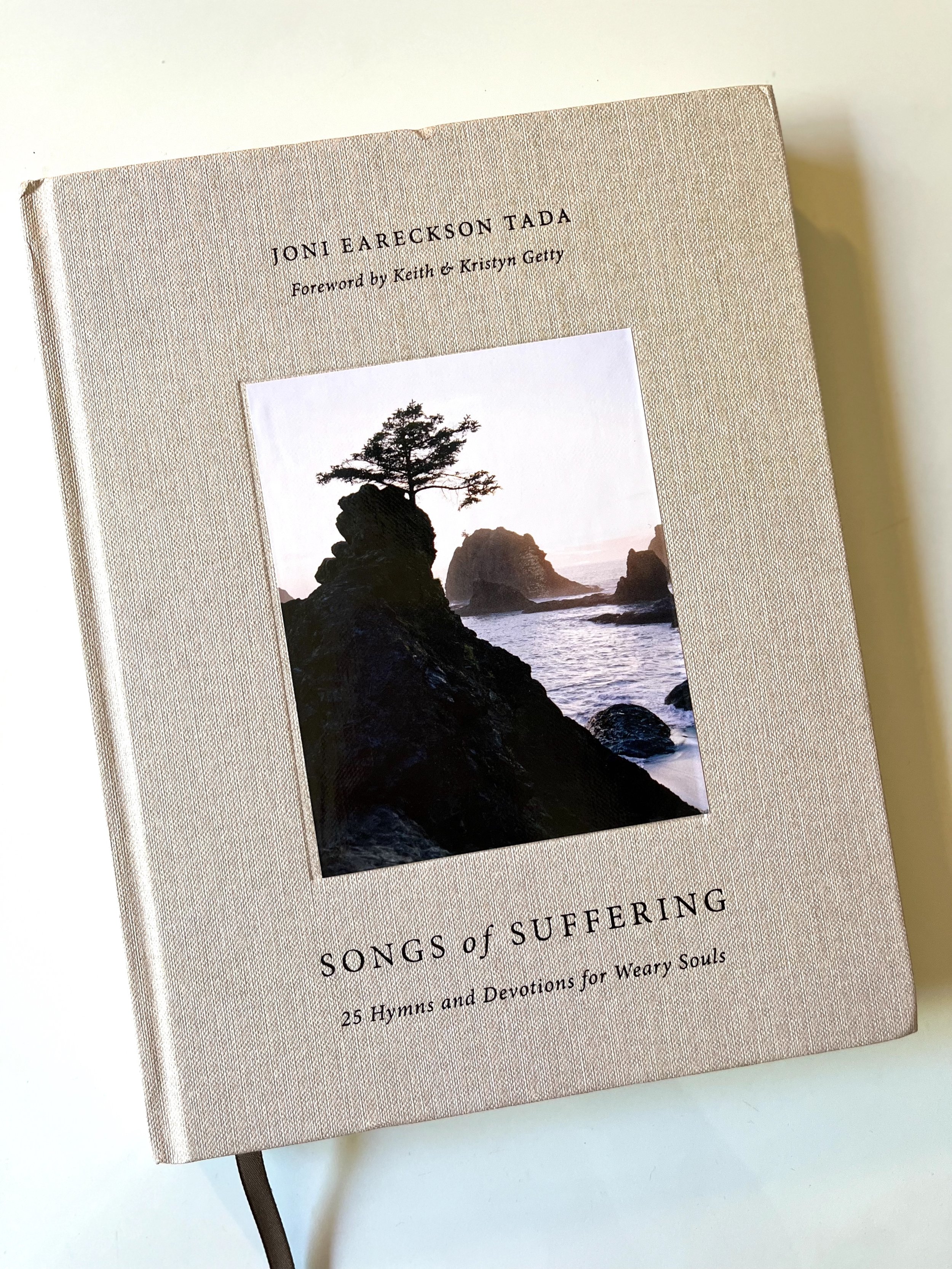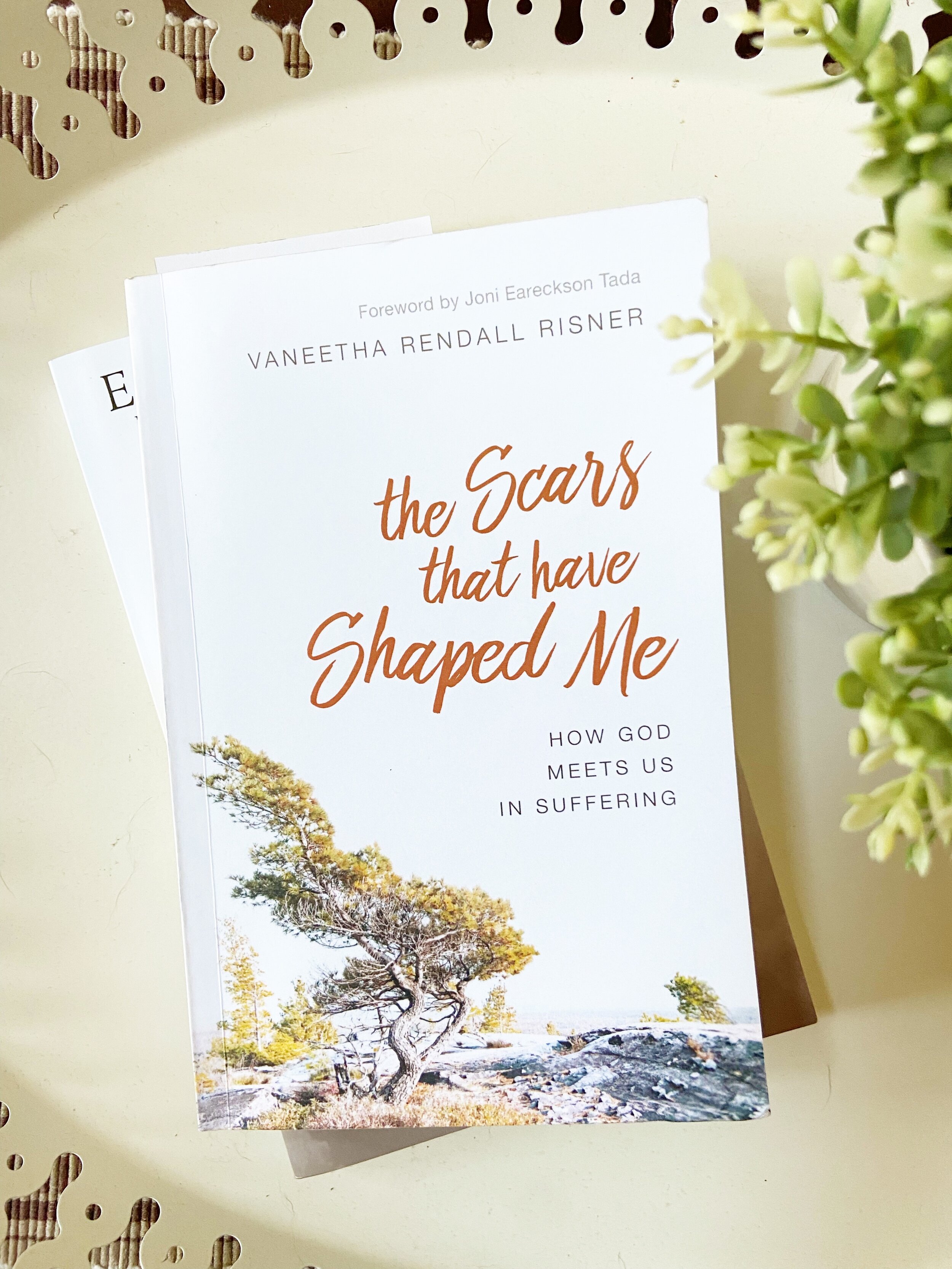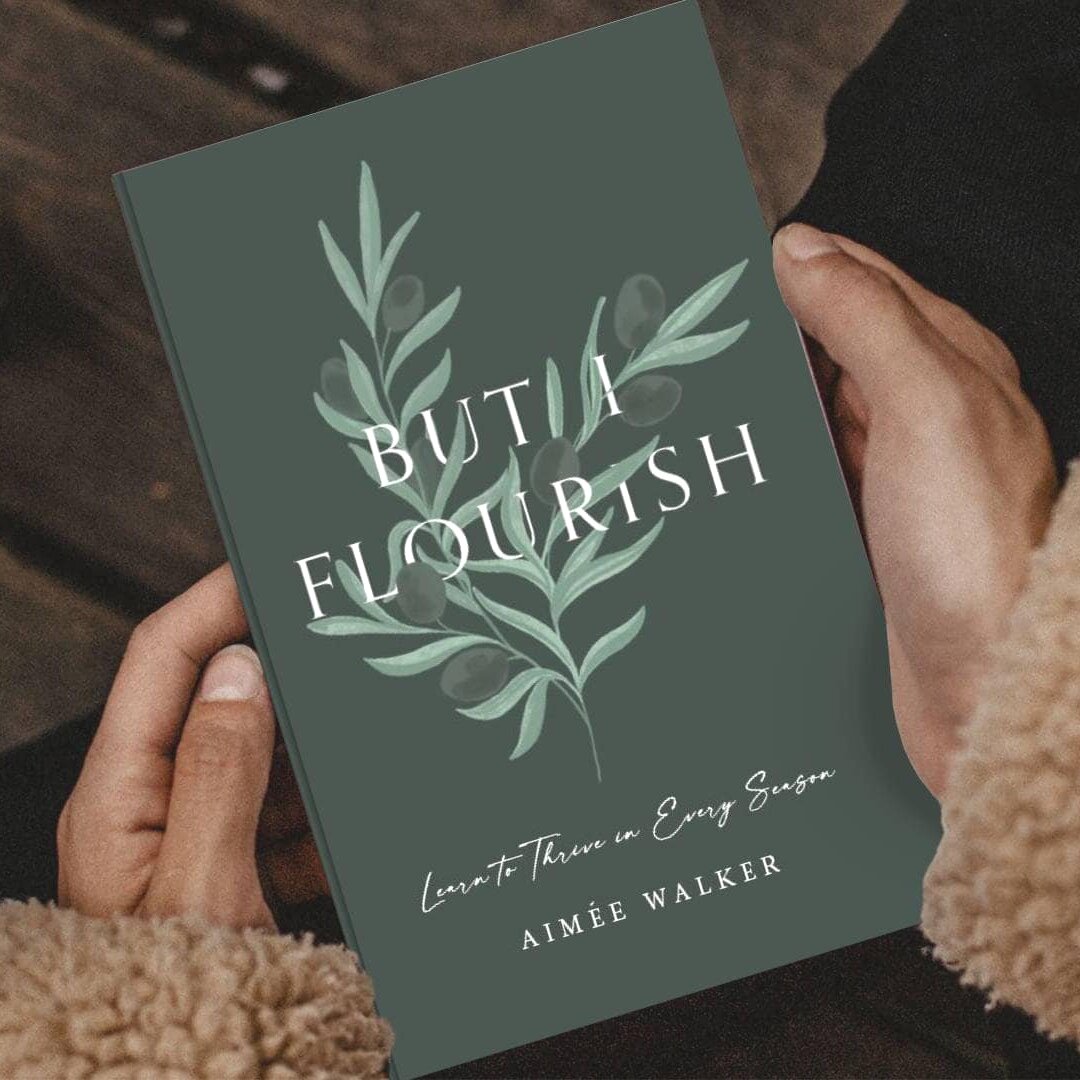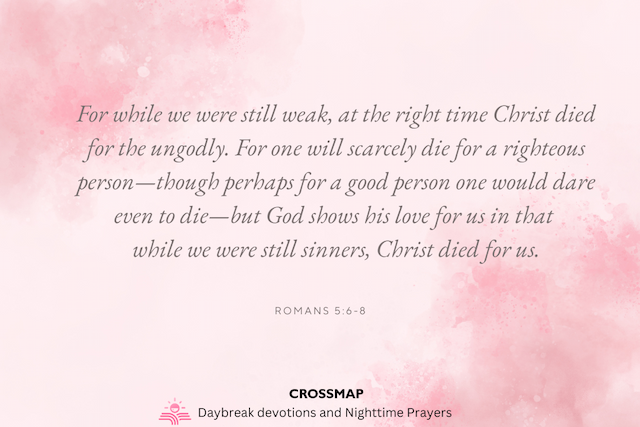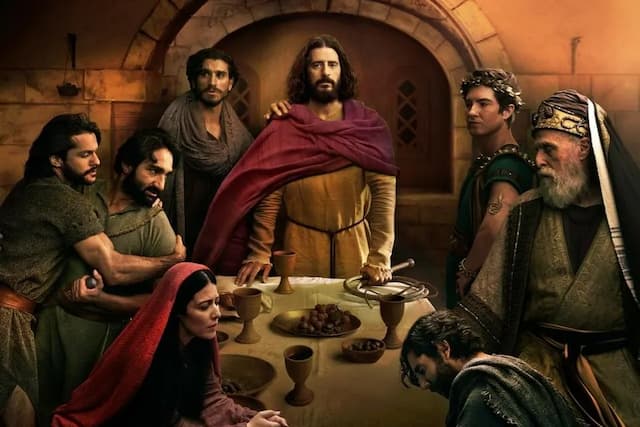Book Review: Losing Music — Nicole O'Meara
Before my father died, he lost almost all of his hearing. He suffered from Meniere's disease, an inner ear problem that can cause dizzy spells (vertigo) and hearing loss. For Dad, the loss of his hearing and the debilitating dizziness led to anxiety and isolation.
I wanted desperately to enter into his loneliness, to help him feel less alone in the isolation of a world empty of sound. I don’t know how well I did, but I tried.
When I saw this book, Losing Music by John Cotter—a memoir about Meniere’s Disease, I grabbed it immediately. I thought this book could help me understand how Dad felt, what he thought, and what it was like for him to lose his hearing bit by bit, until it was gone.
It did.
The Author’s experience with Meniere’s Disease
The author has an unusual form of Meniere’s Disease, one that began early and caused his hearing to come and go. The dizziness he experienced was extreme, causing vomiting for hours to days. His wife came to his rescue often and together they made a good team in his fight against the disease.
Meniere’s left him isolated from friends (he couldn’t track a conversation), cost him his job as a college professor (he couldn’t hear his students), and at times, stole his independence (he couldn’t walk when a dizzy spell attacked).
Mr. Cotter, a lover of classical music, grieved the loss of hearing certain notes and ultimately all music. Because he knew that his hearing could come and go, he intentionally planned what to listen to when it might coming back again. I loved this so much. He bought special headphones and carried a special playlist so that on that day, when his ears did their job again, even a little, he could listen to … well, what would you listen to if you knew it might be the last thing your heard?
We get a view of Mr. Cotter’s emotions, thoughts, dreams, frustrations, and new understandings. I love that he didn’t hold back. It helped me to know all the little things he suffered and processed, things my father may have also felt and thought.
The author progressed through what I call the stages of suffering.
At first, he fought the disease.
Then he fought depression.
Then he found empathy for others and for himself.
Then he accepted the disease.
And finally, he found joy in his circumstances.
This book is not written from a Christian worldview, but it is written honestly. I appreciate that.
Book Highlights
Here are a few of my favorite lines:
“Acquire a chronic condition and you’ll feel like you’re falling, or at least I did. Falling as if from a high cliff, coat whipping over your head, you lose the papers in your pocket. You lose Bach (the wind’s too loud), but you don’t land. You just keep falling.”
“Every memory rode on a measure of sound. How could I question the way music or language or ambient noise tied in to everything?”
“There so much that I can’t do that the things I can do—this one thing—rises up at me with more urgency.”
Questions for you
If you have Meniere’s Disease, I’d love to hear from you. Have you read Losing Music? What has your experience been like? Have you found new ways to experience joy? Please share in the comments.
I love sending my subscribers special goodies and encouragement straight to their inbox. One of those goodies is a list of 12 Verses to Help You Endure. I’d love to send it to you.
You May Also Like. . .
Mr. Cotter shares his emotions, thoughts, dreams, frustrations, and new understandings as he loses his hearing to Meniere’s Disease. I love that he didn’t hold back. It helped me to know all the little things he suffered and processed, things my father may have also felt and thought.
This book is not written from a Christian worldview, but it is written honestly. I appreciate that.
In Dr. Paul Brand’s book The Gift of Pain Brand says pain is the body's built-in warning system that something is wrong and needs to be fixed. Time and again, he found that lack of pain was his patient’s worst enemy. I nodded, understanding and wishing I didn’t.
A full review of Gentle and Lowly by Dane Ortlund—Why you should read it and how it will change you. Plus, a short review of Ragamuffin Gospel by Brennan Manning.
The first devotional made me cry, not out of sadness, but from a sense of connection I have never before felt to Joni. Joni knew what it was like for me because she had felt it too.
That feeling of being known and understood returned several times as I read through Songs of Suffering. Our situations are remarkably different, but Joni shares many of the same feelings I have experienced. Perhaps you too.
I have one more reason to love biographies — they help me appreciate people, even people I disagree with. When I learn how a person came to think and behave the way they do/did, it is much easier for me to understand what they said and why they said it. It’s like taking a crash course in one specific person’s life. Once I have learned to understand a person, I can learn to appreciate their impact on the world.
I’ve got a list to get you started. And if you already enjoy reading biographies, then you’ll love this list too because I’m confident you will find one or two that are new to you.
In The Scars That Have Shaped Me, Vaneetha Rendall Risner shares her story of life-long illness (Polio & Post-Polio Syndrome) and trials (death of a child and loss of her marriage) with simple writing and honesty.
A quick read packed with great theology. Vaneetha vulnerably reminds her reader of the unchanging character of God, even in the midst of illness and loss.
In Undone, Michele shares openly all the emotions and faith questions that she experienced through her cancer experience. In Relentless, Michele walks you through the next phase of her life when cancer returns, when the orphans they brought home become theirs for life, and when she grieves the loss of her Dad to his own battle with cancer. It is personal, gut-wrenching, and oh so relatable.
We all need friends like Jonathan and David in our lives—friends who remind us of who God is, who cause us to look upwards and not be overcome by our circumstances, friends who call forth what God has spoken over our lives and strengthen us to keep contending. But as much as we need them, we must also be them.
Have you ever re-read a favorite story from your childhood and thought, “Woah, were these messages in there the whole time?”
Something happens when we read children’s stories. Our hearts are open to messages of love and fear, struggles and redemption in ways that we would never grasp in a Sunday sermon.
Yes, they are great for my children, but hold on, they are good for me too!
Through a story written for children, my heart received the tender care it needed from my loving Father. His message of unconditional love got in. It cemented itself in my heart forever. It is part of me now.
That’s the power of children’s stories as soul care.





